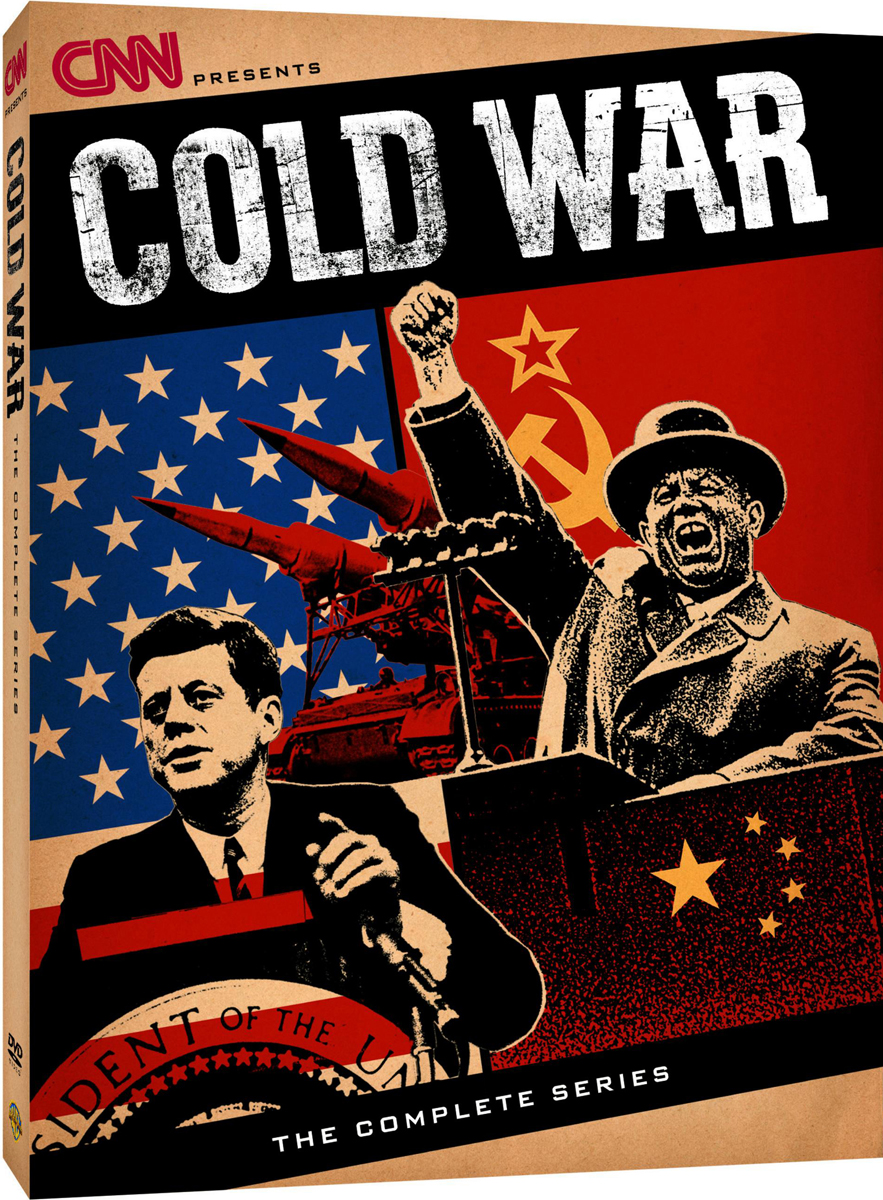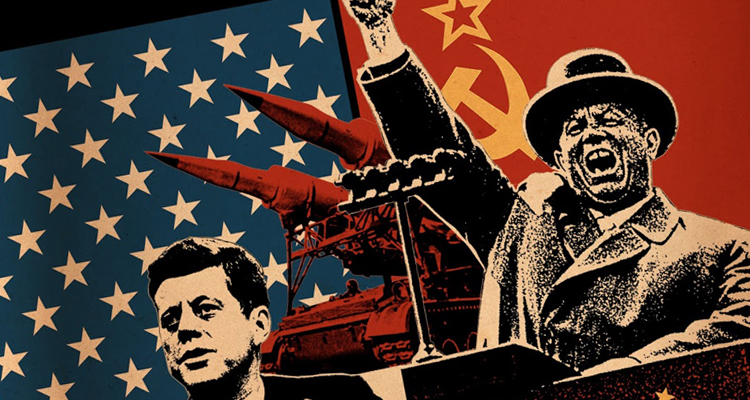
When the Cold War Turned Hot
IN OCTOBER 1962, the Cuban Missile Crisis, one of the Cold War’s deadliest face-offs, nearly ended life on earth. Fifty years later, Cold War: The Complete Series, a 1998 Peabody Award–winning documentary, is finally available on DVD. Epic in scope and deeply researched, it adroitly depicts the complex struggle that began with the Russian Revolution, paused during World War II, then flared up around the globe and into space for 40 years. Yet the sweeping overview of the 18 hours of Cold War is rooted in the human story. Hundreds of eyewitnesses—including Henry Kissinger, Mikhail Gorbachev, Robert McNamara, Jimmy Carter, Fidel Castro, and Lech Walesa—speak with such passion that even their disagreements are revealing: They demonstrate how the fog of war grew so thick that no one knew where events might ultimately lead.
The episode on Cuba epitomizes CNN’s approach to this series. In the summer of 1962 USSR premier Nikita Khrushchev decided to test president John F. Kennedy (and compensate for new NATO missile bases in Turkey) by sneaking intermediate-range missiles and 43,000 troops into Cuba, with Castro’s avid support. In September, U-2 spy planes took pictures of Soviet installations in Cuba; a Soviet missile shot one down. Throughout October, the superpowers traded diplomatic punches and girded for war.
Ted Sorenson, a Kennedy aide, recalls an emergency White House meeting where the options—air strike, invasion, blockade—brought on near despair: “There are no good solutions. What would not blow up the world?” On national television, Kennedy announced a “quarantine” of Cuba, threatening to sink Soviet ships that tried to make port there. Soviet and Warsaw Pact forces went on full combat alert; the Strategic Air Command posted its first-ever DEFCON 2. “That,” said newsman Walter Cronkite, “was heart-stopping.” Panic buying hit the United States; USSR morale plummeted when the story of the confrontation leaked past Soviet censors. At the edge of the abyss, Khrushchev cabled JFK: “We are like two men pulling on a rope with a knot in it.”
He suggested easing tensions. A deal emerged despite terrifying zigzags (and Castro’s furious dissent): The USSR removed its missiles, the United States folded NATO’s Turkey sites, neither disclosed the terms, and the world unclenched.
Incisively framing the big picture while keeping devilish details and at-odds perspectives in fair-minded focus, Cold War unspools astounding footage, much of it rarely or never seen. It offers lighter moments: candy dropped over blockaded Berlin on tiny parachutes, Greek farmers coming face to face with Marshall Plan aid in the form of Missouri mules twice the size of their donkeys. An unparalleled look at how this all-engulfing conflict shaped, and nearly destroyed, our world, Cold War is essential, if uneasy, viewing.
Gene Santoro is a New York–based writer and reviewer.
Watch the full episode on the Cuban Missile Crisis.





